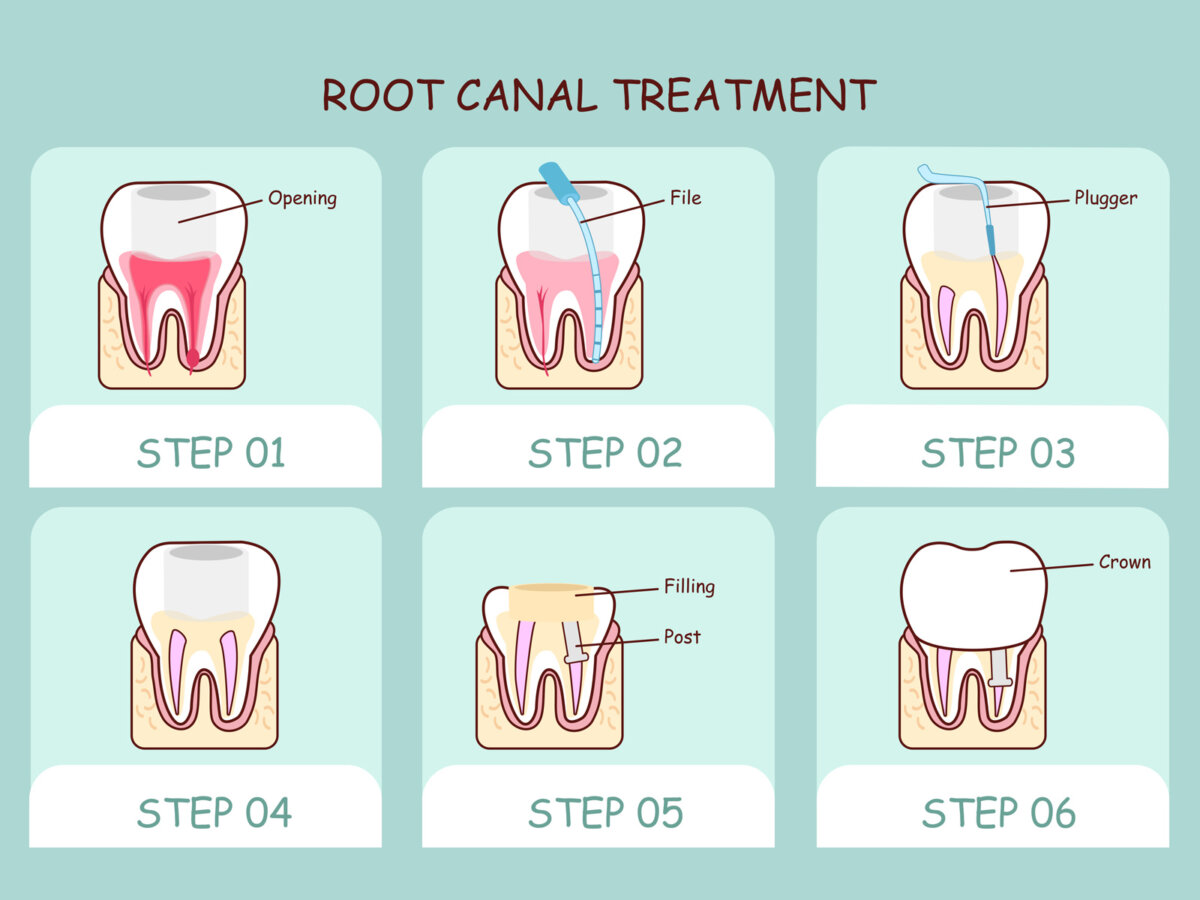Blog
Dental hygiene tips for healthy teeth & gums

Does a Big Cavity Mean Root Canal?
An oral hygiene regimen with thorough brushing and flossing is part and parcel of everyone’s life. However, despite meticulous care, there is always a possibility of dental problems propping up. While toothaches have a plethora of causative factors, the most common reason is cavities. Tooth decay occurs when the bacteria in our mouth proliferates, creates acids, and erodes our teeth. Consuming sugary foods and smoking are two primary causes of dental decay. Likewise, dental decay can lead to a hole or cavity in the tooth. When a cavity forms, you have to visit the dentist for a filling. Consequently, if a cavity gets deeper, you will need root canal therapy.
A Big Cavity and Root Canal: The Difference
A human tooth comprises three layers – the top layer or the enamel, the middle layer or the dentin, and the third layer or the nerve tissues. If the dental decay has seeped only until the enamel or dentin, it means the problem can be solved by filling and repairing the cavity. On the other hand, if the dental decay is left untreated, it will reach the deepest layer of the tooth known as the pulp and make the root canal necessary.
The ideal trajectory that you should follow is to be vigilant and rush to your dentist in case of toothache, as getting hold of decay in its early stages is the best way to avoid a root canal. The longer you wait to deal with your cavity, the greater the chances of it transforming into a root canal.
Tips to Prevent Cavities and Root Canal
Prevention is better than cure, and an immaculate oral hygiene routine is a foolproof tactic to keep cavities, decay, and root canal at bay. Regular brushing and flossing coupled with a good mouthwash can go a long way in keeping your mouth healthy and happy.
Schedule your appointment with a dentist today and get the treatment on time!
